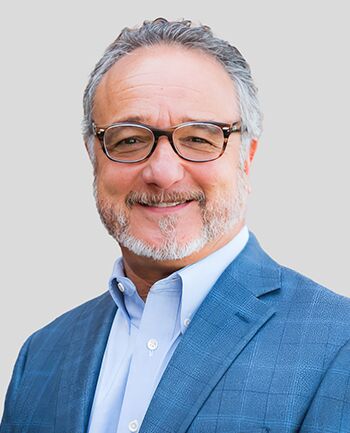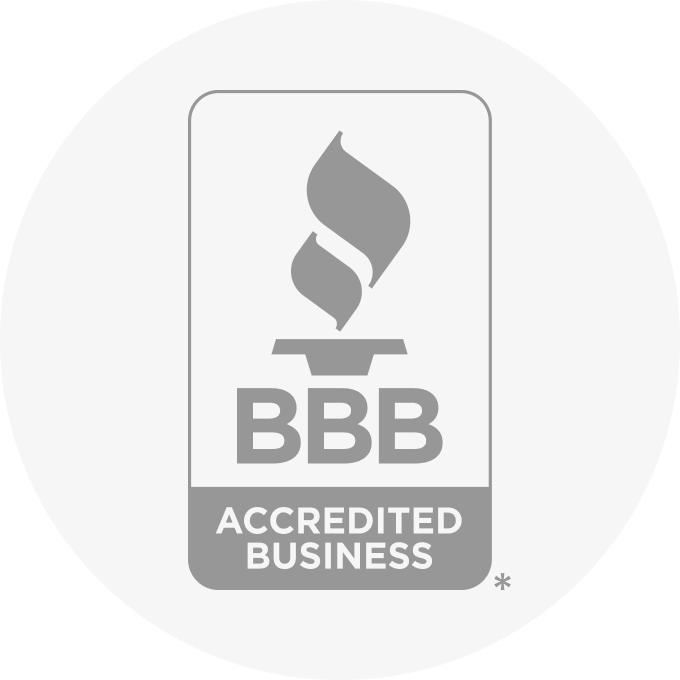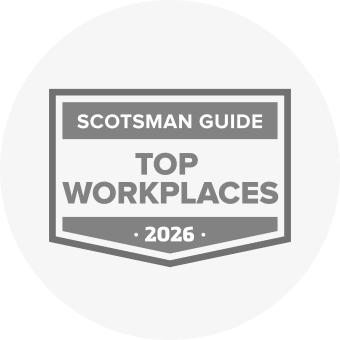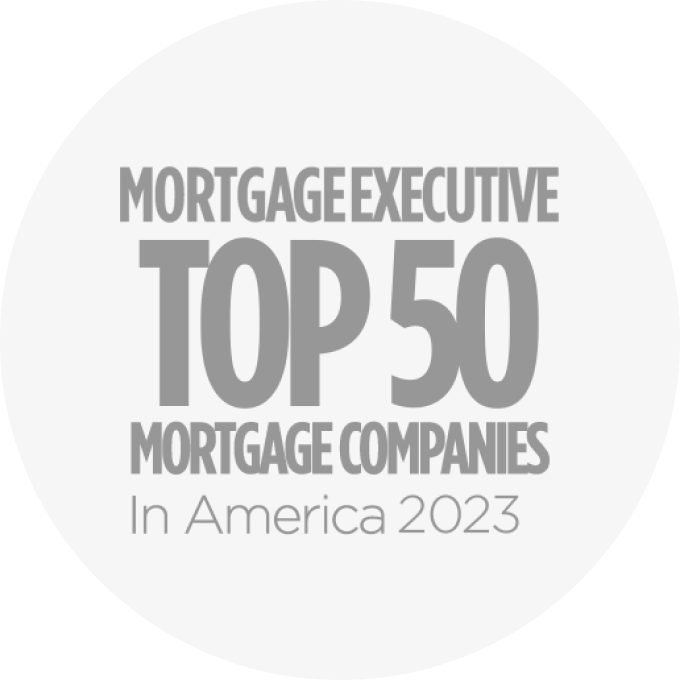
-
- monday: 8:00AM – 9:00PM
- tuesday: 8:00AM – 9:00PM
- wednesday: 8:00AM – 9:00PM
- thursday: 8:00AM – 9:00PM
- friday: 8:00AM – 9:00PM
- saturday: 8:00AM – 7:00PM
- sunday: 8:00AM – 7:00PM
Your Local CrossCountry Mortgage Loan Officer
Kevin Sutera
I’ll be with you every step of the way
Hi, I’m Kevin, and I’m dedicated to making your mortgage a win! I love serving my West Chester, PA community as a loan officer, bringing homeownership dreams to life in the place I call home.Whether you’re buying or refinancing, the mortgage process might seem stressful. But that’s not the case with CrossCountry Mortgage. My team and I have years of experience helping clients close with confidence. I’ll answer your questions in simple terms, help you through each step in home financing and do everything in my power to help you go from getting pre-approved to relaxing at home in no time.With CCM, you get more than a smooth process – you get more mortgage options, too. We have client favorites like conventional, FHA, VA, and USDA loans, plus a selection of programs you won’t find anywhere else.Ready to take the first step toward your homeownership dreams? Reach out to me and make your mortgage a win with America’s #1 Retail Mortgage Lender!





Guides and resources
How much will my mortgage payment be?
This calculator is being provided for educational purposes only. The results are estimates based on information you provided and may not reflect CrossCountry Mortgage, LLC product terms. The information cannot be used by CrossCountry Mortgage, LLC to determine a customer’s eligibility for a specific product or service.
Kevin’s testimonials
Inspiration for your home loan journey
My social posts
Frequently asked questions
-
A construction loan is a short-term mortgage to build a home. There are different types and variations, but to make it as simple to understand as possible, you take out a construction loan when you want to build rather than buy a home. The funds from a construction loan cover the construction costs for the house and any permanent fixtures, including land, labor, materials, and services like construction plans and permits, etc.
-
With construction loans, the builder provides an estimate of construction costs and a project timeline prior to loan closing. Your lender manages your payments (called draws) directly to the builder as construction moves forward. Once construction is complete, the construction loan is either converted to a permanent mortgage or paid in full.
-
The cost to build a house depends on a variety of factors like the size of the home you’re building, materials being used, customization and labor costs and geographic location. Other things to consider include land purchase, permits and fees, utility hookups and landscaping. If land isn’t included, this can reduce your costs, especially if you already own a lot
-
First thing you should do is consult with a local mortgage lender and if you are a Veteran, there are 100% financing options available. A CCM loan officer can help you navigate the various loan programs and find the best fit for your situation. You could also consider using land equity: If you own land, this can be an asset to leverage when securing financing.
-
Building a house may take up to 12 months, but the exact timeline depends on several factors like weather, permit and inspection speed, material and labor availability, custom vs. cookie-cutter design, and size and complexity of the house. Your builder should provide a detailed timeline for you.
-
When you’re comparing the costs of building a house versus buying one, you have two choices to consider. Building a house puts you in control of everything from the materials to the square footage to custom designs. When buying an existing house, the condition, competition from other buyers and market conditions all play a factor in how much you spend.
-
Refinancing costs typically range from 2% to 6% of the loan amount and include fees such as appraisal, title insurance, and closing costs. Factors like your loan type, location, and credit score can significantly impact these expenses. Our team can help to provide strategies that can help minimize costs.
-
To determine how much home you can afford, you’ll want to assess your financial situation. This includes your income, expenses, and debt-to-income ratio, to ensure your mortgage fits comfortably within your budget. A general guideline is to spend no more than 28% of your gross monthly income on housing costs and 36% on total debt.
-
A good credit score typically starts at 620 for conventional loans, while FHA and VA loans may accept scores as low as 500, though higher scores offer better terms. A strong credit score can help you secure lower interest rates, saving you significant money over the life of a home loan.
-
A Home Equity Line of Credit (HELOC) is a revolving line of credit that allows homeowners to borrow against the equity in their home. HELOCs function like a credit card, giving access to funds up to a set limit, which can be used for expenses like renovations or debt consolidation. You only pay interest on the amount you borrow, and the repayment terms typically include a draw period followed by a repayment period.
-
To calculate your mortgage payments, start with your loan amount, interest rate, and loan term. Your payment will depend on the interest charged over time and the repayment schedule. You can use a monthly mortgage payment calculator or connect with us to learn more.
-
Non-QM loans use expanded home financing criteria to give borrowers income and credit flexibility. From qualifying with bank statements or 1099 income to purchasing investment properties, Non-QM loans open doors to homeownership many don’t realize are available.
-
Also known as Investor Cash Flow loans, DSCR loans are designed to help real estate investors secure financing with their rental property’s cash flow. Instead of relying on personal income, DSCR loans use the debt service coverage ratio (DSCR) to qualify.
DSCR is calculated by dividing the monthly rental income by principle, interest, property taxes, homeowners insurance and association dues.
-
Since Non-QM loans don’t follow traditional guidelines, they’re considered riskier. That’s why lenders often require a higher down payment, interest rate and other terms.
But Non-QM loans are a safe financing option that benefits many homebuyers. Talk to a CCM loan officer to learn what’s right for you.
-
Bank Statement loans allow you to qualify for a mortgage using your bank statements instead of tax returns. These loans are designed for borrowers who have strong credit and finances but don’t have traditional income, like self-employed workers.
To qualify, you’ll use the average of your deposits over a 12- or 24-month period. If your work doesn’t provide a W-2, this may be the loan for you.
-
ITIN loans give you a way to qualify for home financing without a Social Security number. Instead, your Individual Tax Identification Number (ITIN) makes homeownership possible.
At CrossCountry Mortgage, we provide numerous ways to qualify using an ITIN. Bank statements, liquid assets, 1099 income and more can all be used to buy a home with our ITIN loan.
-
No. Conventional loans follow criteria established by the Consumer Financial Protection Bureau (CFPB). Non-QM loans use different standards that provide flexibility for borrowers who may not meet conventional requirements due to the type of home being purchased, financial circumstances or non-traditional income or employment.
-
1. Pre-qualify for a home loan
2. Check your credit report
3. Meet with a CCM loan officer
4. Establish your homebuying budget
5. Get pre-approved
6. Work with a real estate agent
7. Find your dream home
8. Submit your mortgage application
9. Make an offer
10. Get a home inspection
11. Close your loan
12. Move into your home!
-
It depends on the home loan. For example, conventional loans require a minimum credit score of 620. But VA and FHA loans may allow homebuyers to qualify with a credit score as low as 500. It’s important to note that lower credit scores often come with additional requirements or higher interest rates.
-
It typically takes a few months to buy a home. The exact length of the process will depend on the market, home and other financing factors.
At CrossCountry Mortgage, we’re dedicated to making the mortgage side of homebuying smooth and stress-free – offering full approvals quickly through our FastTrack program.
-
First, let’s see if you qualify for certain government-back loans. If you are a Veteran or Service Member, VA loans require 0% down. Same goes for rural homebuyers with USDA loans.
Second, talk to a CCM loan officer about local, state and national down payment assistance programs that may cover your down payment costs.
-
That is more about you than the market! You’ll want to consider if you are ready to take on the homebuying process and then calculate your purchasing power with a CCM loan officer. Once you know your homebuying budget, it’s time to house hunt and explore your desired community for the home of your dreams.
-
Before you find your dream home, it will help to have:
- Your credit score
- Proof of employment and income
- Cash or assistance for a down payment
- The right loan
- A homebuying budget
- An expert real estate agent
- Your dedicated CCM loan officer
-
Refinance costs vary, but typically range from 2% to 6% of your loan amount. For example, refinancing a $300,000 mortgage may cost $6,000–$18,000. Costs include appraisal, title and lender fees. A CCM loan officer can help calculate your break-even point and long-term savings.
-
A cash-out refinance lets you replace your current mortgage with a new one for more than you owe — taking the difference in cash. Use it for renovations, debt consolidation, tuition, or unexpected expenses by tapping into your home’s equity.
-
Refinancing makes sense when you can lower your interest rate, shorten your loan term, switch to a fixed rate or access equity for cash. If your current mortgage no longer fits your financial goals, it may be time to refinance.
-
To refinance, meet with a CCM loan officer, review your credit, apply for your new loan and submit required documents. After approval, you’ll schedule a closing and start fresh with your new mortgage terms and payment structure.
-
You can typically refinance after six months, but timing depends on loan type, lender and your financial situation. A CCM loan officer can help determine if now’s the right time based on your equity, credit and current interest rates.
-
- Contact your CCM loan officer to find the right renovation loan.
- Complete a loan application with required documentation.
- Choose a reputable contractor and review your project in person.
- Provide the contractor’s estimates and validation documents to verify their qualifications.
- Complete underwriting for review of all your loan documents.
- Close your loan and start your renovation.
-
- Cost factors: Costs vary widely based on project scope. You’ll need to understand your renovations and get contractor estimates.
- Budgeting tip: Add a percentage for unexpected costs, including changes later in the project.
- Loan options: CrossCountry Mortgage offers renovation loans from cosmetic upgrades to complete expansions.
-
Renovations may be tax-deductible or qualify for a tax credit, but only a professional tax advisor can guide you. Four categories of home renovations may qualify for tax breaks:
- Home office improvements
- Energy-efficient home improvements
- Improvements for medical care
- Rental property maintenance
-
While you could use a credit card or personal loan, a home loan will give you a better interest rate and financing to suit your project and your goals. CCM has several loans that combine your purchase or refinance with your renovation costs and provide disbursement management, so your contractor is paid correctly and on time.
-
The time for your renovation will depend on the project’s scope. While cosmetic work might take a week, a complete renovation could take a year or more. Loans have different time limits, too, so be sure to discuss this with your CCM loan officer. Experienced contractors and remodelers will tell you to allow extra time (within reason) to keep your stress level down and be prepared for delays.







